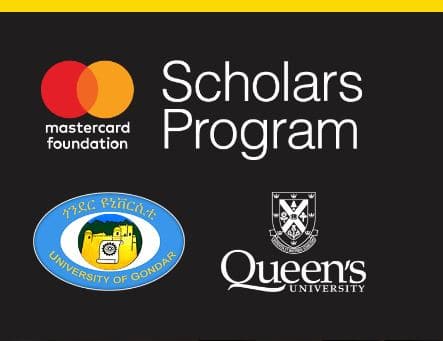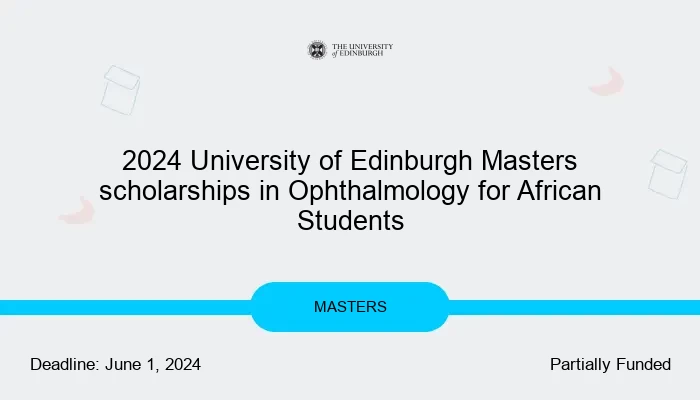Study Psychology at Harvard University
Psychology is the study of the human mind and behaviour which have been some of the most interesting… The post Study Psychology at Harvard University appeared first on Leverage Edu.


Psychology is the study of the human mind and behaviour which have been some of the most interesting things to us humans. At Harvard University, their research focuses on observing, experimenting and studying human and animal cognition. This is done in a variety of ways. There are numerous universities around the world offering psychology courses but if you are looking for a perfect university, Harvard University ranks at #4 as per Times Higher Education 2022 for psychology courses. BF. Skinner, Gordon Allport, Jerome Bruner, George Miller, and Henry Murray are some of the faculties that have worked in the psychology department at Harvard University. Let’s explore everything you need to know about psychology at Harvard University,
Psychology at Harvard University
Under the guidance of William James, the field of psychology originally evolved at Harvard in the late 1800s, and Harvard has remained at the forefront of the subject ever since. The Department has a long and illustrious history, with prior faculty and researchers including B.F. Skinner, Gordon Allport, Jerome Bruner, George Miller, and Henry Murray, among the most well-known names in psychology. There are now 30 faculty members in the department. In a quantitative assessment released in 2007, the Chronicle of Higher Education placed Harvard first among psychology departments in Faculty Scholarly Productivity. These rankings are available to members of the Harvard community here. Cognition, Brain, and Behavior; Developmental Psychology; Social Psychology; and Clinical Science are the four major research programs in the Graduate Program in Psychology, which currently includes 74 graduate students. One of the most popular majors among Harvard freshmen is psychology.
Also Read: Life as a Freshman at Harvard University
Harvard University Psychology Courses
Harvard University Psychology Undergraduate Courses
A bachelor’s degree in psychology is available as a four-year teaching program at Harvard University. A co-op job option is available in this bachelor’s program. The student-to-faculty ratio is 16:1, bridging the gap between the two groups. Basic psychological processes such as attention, perception, memory, categorization, reasoning, decision-making, language, cognitive and social development, social cognition, intergroup relations, and morality are the focus of much of the research undertaken in Harvard’s Department of Psychology. Furthermore, several department members perform research on the aetiology, development, and therapy of psychopathology. Psychiatrists, industrial and organizational psychologists, military psychologists, neuropsychologists, school psychologists, experimental psychologists and other professions pay an average of 36,475 USD (2,686,292 INR) per annum. The undergraduate program in psychology offers several study options to reflect students’ diverse interests in psychology and related fields.
- General track
- Cognitive Neuroscience and Evolutionary Psychology Track (a Life Sciences initiative)
- Track in Cognitive Science (a Mind, Brain, and Behavior initiative)
- Secondary Field in Psychology
Eligibility
- All-India Senior School Certificate (AISSCE)
- Higher Secondary Certificate (HSC)
- Indian School Certificate (ISC)
- Intermediate Examination Certificate
- Pre-University Examination Certificate
- Students must have completed Grade XII chemistry or physics.
- Students must also have completed Grade XII math (Minimum math result of 55 %).
Tuition Fees
The cost of tuition for a four-year undergraduate psychology degree at Harvard University is
2,35,478 USD (1,76,18,983 INR)
Harvard University Psychology Graduate/PhD Program
Clinical Science or the Common Curriculum, which includes Social Psychology, Developmental Psychology, and Cognition, Brain, and Behavior, is the two paths available to PhD students (CBB). The first is the Common Curriculum for students in the Developmental, Social Psychology, and CBB areas. The second track is Clinical Science. for students in the Clinical area. Students may only be considered for Clinical Science during the graduate school application process.
Eligibility
- Online application form
- Application fee payment* (105 USD/ 7,732 INR)
- Transcripts uploaded to the application
- Letters of recommendation (at least 3)
- Statement of purpose
- GRE General Exam scores
- Demonstration of English proficiency, where required
Tuition Fees
The Graduate/Ph.D. The Psychology Program at Harvard University costs 51,904 USD per academic year (38,22,599 INR).
Also Read: Study at Harvard University
English Language Proficiency for Harvard University Psychology Courses
- Applicants from India, China, Vietnam, the Philippines, and Pakistan should be aware that the Study Direct Stream (SDS) program only accepts IELTS as a competence score.
- Admission is not guaranteed if you meet the basic English requirements. In the admissions assessment process, students with higher English proficiency scores will be given precedence.
- Not all students will be eligible to take EAP-3106 instead of taking the needed IELTS or TOEFL tests.
The Study Pool
The purpose of the Study Pool is to teach students and the general public about the process of psychology research as well as to give members of the department a diverse group of subject participants for their studies. Volunteers are welcome to engage in our study at the Department of Psychology. The research studies are carried out by the following individuals:
- Graduate students
- Undergraduate thesis writers
- PhD students
What Exactly is the Study Pool?
You may be asked to complete questionnaires, watch movies, play a game, participate in an interview, or engage in other behavioural methods, such as computer tasks, or have your brain scanned using fMRI or TMS procedures.
- Participation in research might be done alone or with another individual.
- The duration of the studies ranges from 30 minutes to nearly an hour.
- Some research necessitates long-term engagement.
- Compensation is determined by the amount of time and activity spent.
Also Read: MBA at Harvard University
Terms And Conditions
- Participation is entirely optional.
- You have the right to withdraw from a study at any time.
- Prior to the start of the study, each participant will be required to complete a Consent Form.
- The researcher will explain what you will be doing and give you the opportunity to ask questions.
- If you’re taking part in an online study, you’ll be given a brief overview of the study before being asked to consent to join.
- You may get or request a debriefing document at the conclusion of the study.
Study Pool Account
- You can only have one Study Pool account at a time.
- To consent to participate and get remuneration, provide your legal name.
- Arrive 5 to 10 minutes before your scheduled appointment time.
- Contact the researcher named on the study in SONA if you are running late.
- It’s possible that some studies won’t accept late volunteers.
- The cancellation times are listed in each trial (in SONA).
- The Study Description includes directions and a map.
- Depending on the study, you may be able to reschedule or get reimbursement if the researcher cancels your time slot.
- After three unexcused no-shows, your account will be inactive. At the start of the next semester, you can request that your account be revived.
Compensation
Cash: Depending on the topic of the study, you’ll be paid 10 to 25 USD(736-18,41 INR) per hour participation in backup studies is always paid in cash.
Gift Cards: Issued by the researcher conducting the study for online studies. The majority of GIFT CARDS are redeemed using your phone.
Study Pool Credit: Study Pool credit is available to Harvard students enrolled in psychology courses that involve research participation. During the semester in which the credit is earned, midterm and final credit reports are produced. Only from the first day of class through the end of the Study Pool session may credit be earned. Specific information from your course instructor can be found in your course syllabus. Students must meet the standards of the study pool for each subject they are enrolled in. So, if they are enrolled in two 5-credit courses in one semester, they must complete 10 credits. There are no free passes available.
Also Read: Harvard’s 5 New Free Online Courses for Programmers
Clinical Science Research
The Clinical Psychology Program is a member of the Academy of Psychological Clinical Science and follows a clinical science paradigm of training. And Is dedicated to educating clinical psychologists whose research contributes to the scientific understanding of psychopathology and its treatment, as well as those who can implement evidence-based diagnostic and clinical intervention procedures. The program’s main focus is research, particularly in the area of severe psychopathology.
Requirements
Required courses and training experiences satisfy Massachusetts standards for clinical psychology license as well as APA accreditation criteria for clinical psychology programs. Additional training experiences are necessary for addition to these courses, according to the American Psychological Association’s requirements for clinical psychology program accreditation (e.g., clinical practica [e.g., PSY 3050 Clinical Practicum, PSY 3080 Practicum in Neuropsychological Assessment]; clinical internship).
Program Description
- First-Year Project: Students participate in a research project and make a formal report on their research progress under the supervision of a faculty member who serves as a mentor. The first year’s work is due in May.
- Second-Year Project: Original research undertaking that culminates in a written report formatted in the APA journal article style. In addition, a ten-minute oral presentation is required. By May of the second year, you must submit your work.
- General Exam: A six-hour exam covering the field’s literature. To be taken in September, just before the third year begins.
- Thesis Prospectus: A prospectus committee chosen by the CHD must approve a written description of the proposed research. The project is due at the start of the fourth year.
- Thesis and Oral Defence: Ordinarily this would be completed by the end of the fourth year.
- Clinical Internship: This would normally happen in the sixth year. Prior to beginning an internship, students must have finished their thesis studies.
Also Read: How to Get Into Harvard?
Scholarship Grants & Financial Aids
Indian students planning to study psychology at Harvard University are eligible for various scholarships. Here are some of the popular scholarships and financial aid for the upcoming intake:
| Name | Amount | Application Deadline |
| Ritchie-Jennings Memorial Scholarship Program | Variable | Jan 30, 2022 |
| TEC Scholarship | 75060 INR | Jun 1, 2022 |
| Microsoft Tuition Scholarship | Variable | N/A |
| QS scholarships | Variable | Apr 30, 2022 |
Job Profiles and Salary
After completion of your course, you can work in an educational institution in the corporate sector. Depending upon your skills, experience and profile your salary can range between INR 60,00,000 to 80,00,000 per annum.
| Careers | Average Salary (per annum) |
| Psychiatrist | 7610527 |
| Industrial and Organizational Psychologist | 5486864 |
| Military Psychologist | 6178227 |
| Neuropsychologist | 7049169 |
| School Psychologist | 4748697 |
Want to study psychology at Harvard University? Connect with our experts at Leverage Edu and kickstart your study abroad journey. Call us at 1800 57 2000 to book your FREE counselling session today.
The post Study Psychology at Harvard University appeared first on Leverage Edu.








![How To Obtain NECO GCE Registration Form For 2022/2023 (November/December) SSCE External Examination [Released And Published Online]](https://micplustech.com/wp-content/uploads/2020/02/images-33.jpeg)